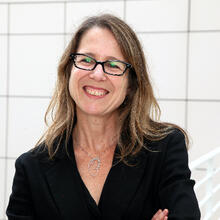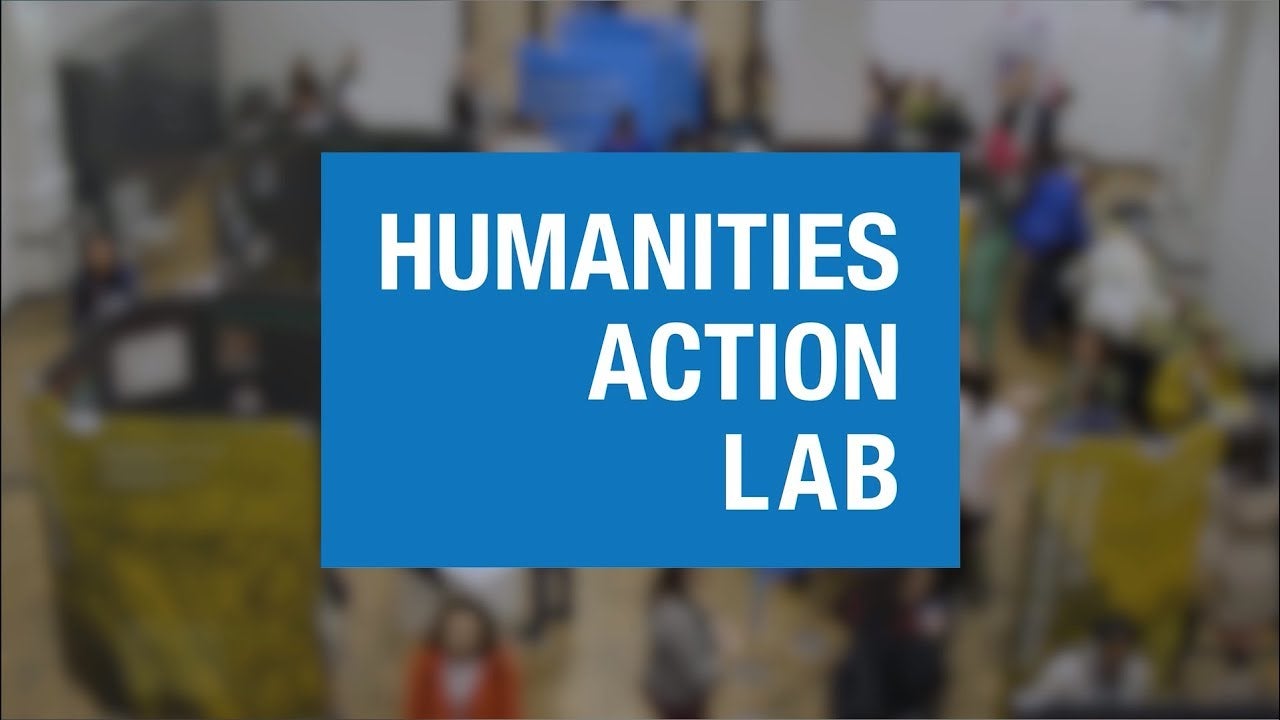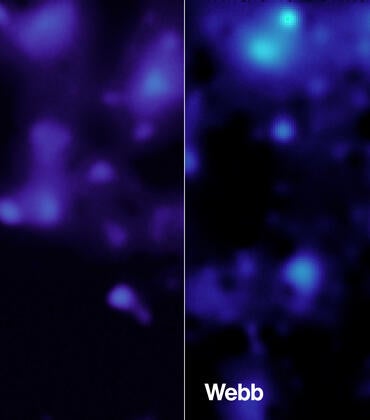Air pollution, unsafe housing, negative health impacts, and racial discrimination, are all topics explored in a two-week exhibition that opens in downtown Riverside Oct. 14.
“Climates of Inequality: Stories of Environmental Justice” focuses on 22 communities around the United States, Mexico, and Colombia. These communities include the Inland Empire and Los Angeles, where residents hit first and worst with the impacts of climate change are often in Black, Indigenous, and people of color, immigrant, and low-income neighborhoods.
The pop-up exhibition, free and open to the public, runs through Nov. 5. It will be housed at the Riverside Art Museum, with a film screening scheduled for Oct. 14 at UCR ARTS’s Culver Center of the Arts in downtown Riverside.
One of the crucial aspects of this exhibition explores the historical roots of climate and environmental injustice, as they have informed present conditions in the Inland Southern California region, said Catherine Gudis, associate professor of history and the Teresa and Byron Pollitt Endowed Term Chair for Interdisciplinary Research and Learning in the Humanities & Social Sciences. Gudis worked alongside other Southern California scholars, community partners, and students on this project, as well as with the Riverside Art Museum and the Japanese American National Museum in Los Angeles.
Two weeks of programming was held at the Japanese American National Museum; visitors are now encouraged to visit in Riverside, Gudis said.
“This exhibition powerfully illustrates the ways that impacts of climate change have been felt
disproportionately by communities of color and working people, historically, as well as how communities have organized for change, and use art, music, and the power of story to do so. It sparks conversation and the creativity we need to collectively reimagine a more equitable future, even as we continue to uplift stories of the past,” Gudis said.
In addition to stories drawn from communities across the United States, Mexico and beyond, two local narratives will be on view, with short documentary videos that highlight the regional issues related to “Witnessing the Slow Violence of the Supply Chain,” a collaboration among students and faculty from University of California, Riverside and People’s Collective for Environmental Justice. All worked alongside a coalition of universities and community organizations led by the Humanities Action Lab at Rutgers University-Newark.
This coalition also created an online component so that everyone can access resources, including history, news, and listen to testimonies: climatesofinequality.org.
Events
Saturday, Oct. 14: 4:30 p.m. at UCR Arts, Culver Center 3834 Main St., Riverside
Screening of “Manzanar, Diverted: When Water Becomes Dust,” with musical performance by Alex Miranda (Payómkawichum/Pechanga Band of Luiseno Indians) and discussion with filmmaker Ann Kaneko and Miranda. An inspired and poetic portrait of a place and its people, “Manzanar, Diverted: When Water Becomes Dust” focuses on the World War II concentration camp at the foot of the majestic snow-capped Sierra mountains as the confluence for memories of Payahuunadü, the now-parched “land of flowing water.” Intergenerational women from Native American, Japanese American, and rancher communities form an unexpected alliance to defend their land and water. This event launches the AR visual sound bath accompanying the film.
Free and open to the public. Register: ucrarts.ucr.edu
Sunday, Oct. 22: 2 – 4 p.m. at Riverside Art Museum Rooftop (Julia Morgan Building)
“Climates of Inequality: EJ in the I.E.” listening session/public conversation. Join us for a lively dialogue with environmental justice organizers from the Inland Empire, who consider how their communities mobilize storytelling for change, to save their lives and those of generations to follow. Spanish/English translation available.
Free, open to the public, and includes same-day museum admission at Riverside Art Museum.
RSVP: ramcheech.ticketapp.org/portal/product/130
Thursday, Nov. 2: 6 p.m. at Riverside Art Museum (Julia Morgan Building)
Environmental Justice in the IE: Community-based Practices in Art and Activism nel discussion. Local social practice artists, documentarians, and activists Tamara Cedré, Noé Montes, and Anthony Victoria talk about the challenges of representing the slow violence of the supply chain, which digs deep into historical forces of colonialism, extraction, and exploitation of the land and people. With over a billion square feet of warehouses blanketing the I.E. and a vast infrastructure — freeways, railroads, and intermodal rail yards — carrying goods to market, how can the arts help humanize the issues and convey the magnitude of the impacts we feel today in Riverside and San Bernardino, where residents experience among the highest rates of air pollution and asthma in the state?
Free, open to the public. RSVP: ramcheech.ticketapp.org/portal/product/137
Please note Riverside Artswalk is the first Thursday of each month; admission is free at the Riverside Art Museum and The Cheech.
Saturday, Nov. 4: 10 a.m. – noon at Riverside Art Museum (Julia Morgan Building)
Teaching “Climates of Inequality” Tour and Workshop.
Are you a high school, college, or university-level teacher interested in bringing regional issues of environmental justice into your classrooms? There are limited spaces available to consider strategies together, to build upon each other’s work in deliberate ways that can best provide pathways for students to engage in environmental justice work at all levels. Registration required; space is limited. Includes same-day museum admission at Riverside Art Museum. Register: ramcheech.ticketapp.org/portal/product/129
Sunday, Nov. 5: 1 p.m. at Riverside Art Museum (Julia Morgan Building)
“Cultures of Environmentalism: Read Aloud & Artmaking.” Spanish/English translation available. Children’s books have begun to focus in sensitive ways on conveying issues around climate change, and to teach readers how different cultures think about the environment. For this closing day public program in association with the pop-up exhibition of “Climates of Inequality,” families are invited to learn about California Indian basketmaking, the impacts of environmental change on American Indian access to material imports for such traditional cultural practices, and try their hand at basketmaking with Lorene Sisquoc (Mountain Cahuilla/Fort Sill Apache), curator at Sherman Indian Museum. Also featured are English language and bilingual (English-Spanish) readings of Carole Lindstorm and Michaela Goade's “We Are Water Protectors” (2021 Caldecott Medal Winner), and local artists's books including Timothy Musso's "Chasing the Sun." Art-making is for all ages. Read-out-loud: 3-8-year-olds.
Free, open to the public. RSVP: ramcheech.ticketapp.org/portal/product/136
Please note First Sunday of each month; admission is free at the Riverside Art Museum and The Cheech.





